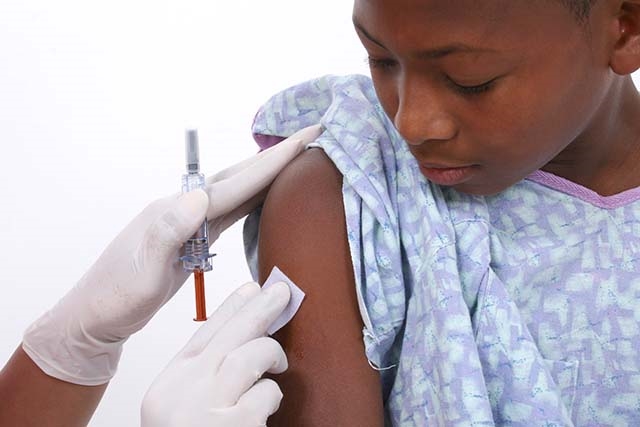
When babies are in the womb, they receive antibodies from their mothers, which gives them natural immunity against some diseases. More of these antibodies are passed to them after birth through breast milk. Sadly, their protection is temporary, and the best way to strengthen your child’s immunity is through garland vaccinations. Vaccinating your child protects them from harmful diseases that have the potential to be serious, cause hospitalization, or be fatal. According to WHO, vaccines save approximately 2 to 3 million lives yearly. If you recently gave birth and want to vaccinate your child, here is the CDC-recommend schedule you should follow until they are 6 years old.
Birth to 2 Months
Vaccination begins at birth, and most doctors will recommend you have your child vaccinated before you leave the hospital. At this stage, your child should receive the first of three doses designed to protect against Hepatitis B. This disease of the liver can cause swelling and chronic complications that result in liver cancer or liver damage, which is more likely in children. At 1 or 2 months, your child can receive the second Hepatitis B dose. They can also get the DTaP vaccine for diphtheria, tetanus, and whooping cough, the IPV vaccine for polio, the Pneumococcal (PCV) vaccine, the RV vaccine for rotavirus, and the Hib vaccine for Haemophilus influenzae type b.
4 Months
Your child should receive the next round of vaccines at 4 months. These vaccines are subsequent doses designed to help them continue building immunity against multiple harmful diseases. During this visit to the clinic, your child will receive the DTaP, Hib, PV, PCV, and RV vaccines. They will also get the final three doses of Hepatitis B (HepB).
6 Months
At 6 months, you should take your child back to the hospital for another round of booster vaccines. The doses will include the same list provided at four months and help your child build immunity against serious medical conditions like polio and whooping cough. Additionally, this is the time when your child should receive their first flu shot for influenza.
7 to 11 Months
Typically, your child does not need to get new vaccinations between 7 and 11 months of age. Consequently, this is often a good time to catch up on any vaccines you may have missed during the first 6 months of your child’s life. They can also get a flu vaccination if it is flu season.
12 to 23 Months
If you follow the recommended immunization schedule to the letter, your child should be fully immunized against 14 diseases by 2 years of age. Between the first year and 23 months, your child will also receive vaccines for Measles, mumps, rubella (MMR), and chickenpox (Varicella). Polio vaccines are administered between 6 to 18 months for full immunity. In most cases, your doctor will hold off on administering the measles vaccine until your child is at least 12 months old for maximum effect.
4 to 6 Years
Between 4 and 6 years, you should take your child to the hospital annually for checkups. Your child’s doctor will use this opportunity to update the necessary vaccine doses and administer the flu shot.
Update Your Child’s Vaccines
As a parent, your child’s health and safety are your top priority, and one way you can protect them is through immunization. Immunization is a scientifically proven way to encourage the body to build immunity against harmful diseases by introducing small amounts of a weakened or killed pathogen into the human body. It protects you, your child, and the community from communicable diseases. If you have any questions about child immunization, contact a primary doctor or pediatrician to learn more.
